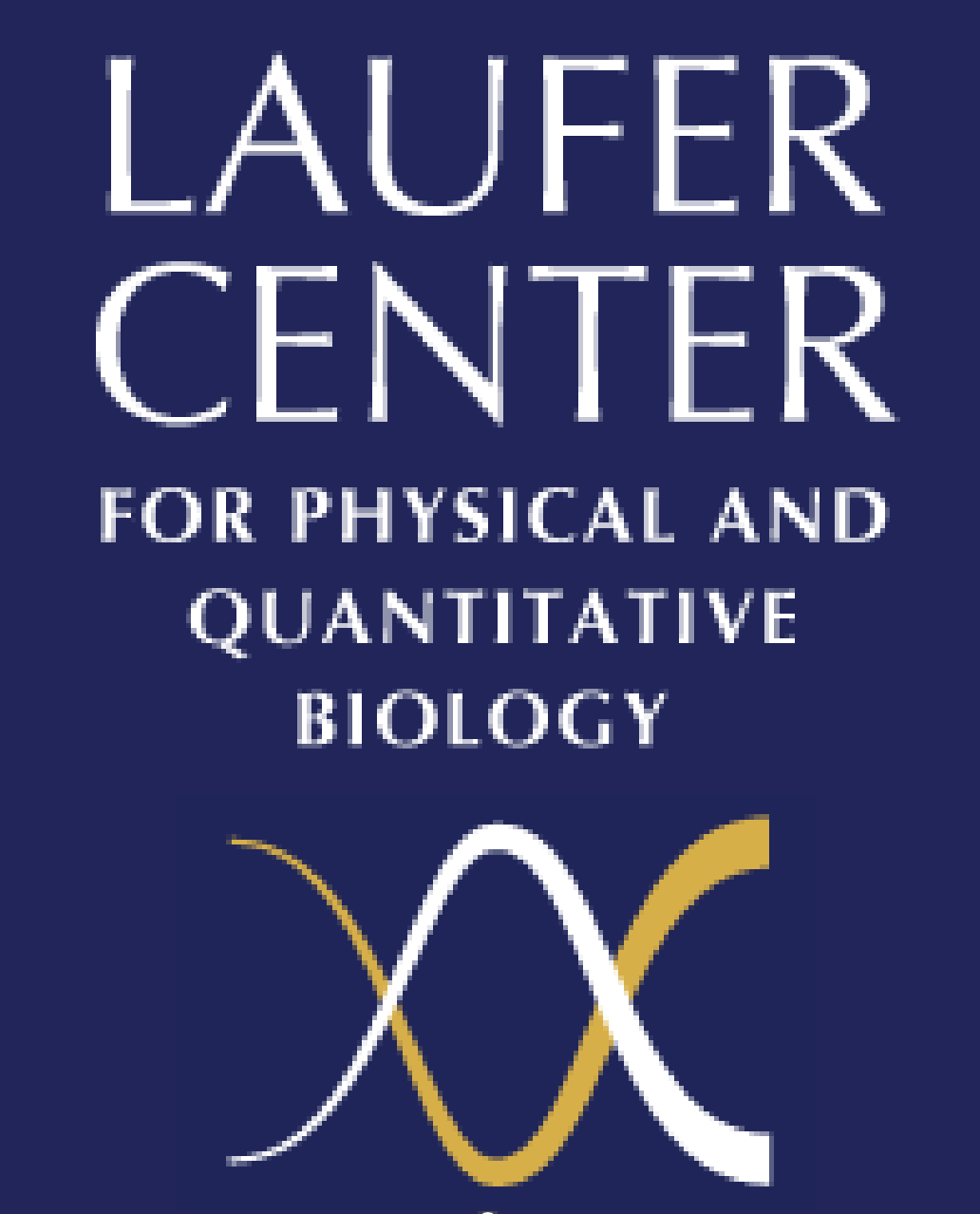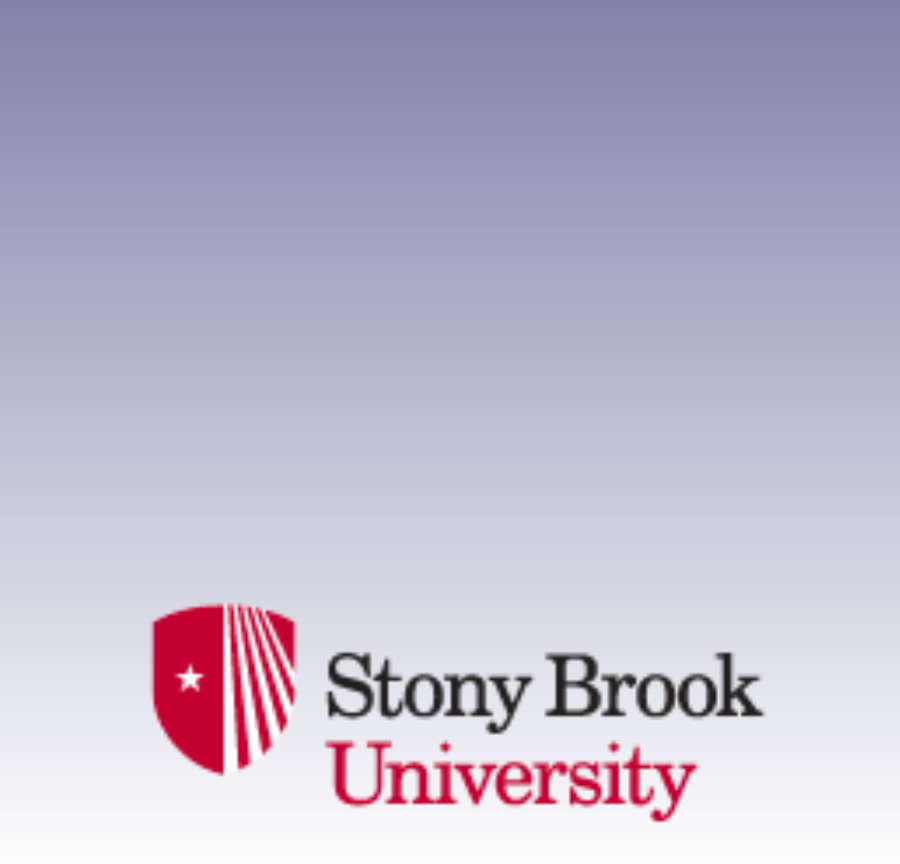Events Calendar
Oliver Elemento
Friday, October 03, 2014, 02:30pm - 03:30pm
Hits : 2969
Contact Host: Tom MacCarthy
Olivier Elemento, PhD
Associate Professor
Head, Laboratory of Cancer Systems Biology
Department of Physiology and Biophysics
Institute for Computational Biomedicine
Weill Cornell Medical College
The genomic and epigenomic evolution of cancer
Cancer is a fundamentally Darwinian process where millions of genetically and epigenetically heterogeneous tumor cells compete in the presence of diverse and changing selective pressures imposed by the cells themselves, the microenvironment and treatment, e.g. chemotherapy. As illustrated by the nearly systematic acquisition of resistance in patients treated with targeted anticancer agents, this Darwinian process presents formidable challenges for cancer therapy.
In the first part of the talk, I will describe our attempts to study clonal heterogenity and tumor evolution at the genomic and epigenomic level in B cell lymphomas. As their name indicates, B cell lymphomas originate from B cells,which undergo a unique process of VDJ recombination and somatic hypermutation. These unique features of B cells and B cell lymphomas effectively tag clonal populations of tumor cells. I will show how the combination of high-throughput sequencing of VDJ junctions and exome sequencing provides unique insights into clonal heterogeneity and evolutionary patterns in patients with relapsed lymphoma. I will describe additional new insights on the epigenomic evolution of lymphomas.
In the second part of the talk, I will describe how the Darwinian process that drives populations of tumor cells also provides key opportunities for unraveling mechanisms of action and targets of anticancer molecules directly in human cells. I will present an unbiased, genomewide approach that combines next-generation sequencing and bioinformatic analysis for identification of these mechanisms of action. This approach is based on the isolation of multiple drug resistant clones and rapid sequencing using RNA-seq. Importantly, this approach can identify mechanisms of resistance to anticancer drugs long before any patients are treated with these molecules, thus paving the way for pre-treatment genotyping of patients. It also predicts combinations of drugs that should slow down or prevent the acquisition of resistance.
In the first part of the talk, I will describe our attempts to study clonal heterogenity and tumor evolution at the genomic and epigenomic level in B cell lymphomas. As their name indicates, B cell lymphomas originate from B cells,which undergo a unique process of VDJ recombination and somatic hypermutation. These unique features of B cells and B cell lymphomas effectively tag clonal populations of tumor cells. I will show how the combination of high-throughput sequencing of VDJ junctions and exome sequencing provides unique insights into clonal heterogeneity and evolutionary patterns in patients with relapsed lymphoma. I will describe additional new insights on the epigenomic evolution of lymphomas.
In the second part of the talk, I will describe how the Darwinian process that drives populations of tumor cells also provides key opportunities for unraveling mechanisms of action and targets of anticancer molecules directly in human cells. I will present an unbiased, genomewide approach that combines next-generation sequencing and bioinformatic analysis for identification of these mechanisms of action. This approach is based on the isolation of multiple drug resistant clones and rapid sequencing using RNA-seq. Importantly, this approach can identify mechanisms of resistance to anticancer drugs long before any patients are treated with these molecules, thus paving the way for pre-treatment genotyping of patients. It also predicts combinations of drugs that should slow down or prevent the acquisition of resistance.
Location Laufer Center Lecture Hall 101


